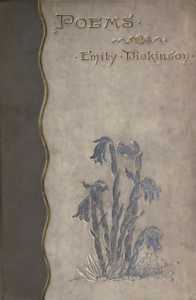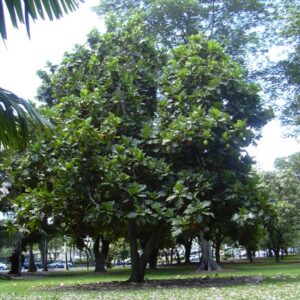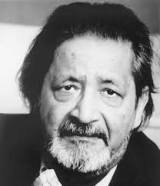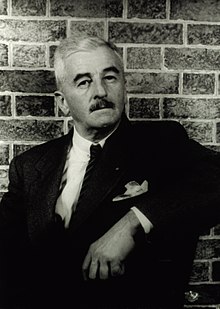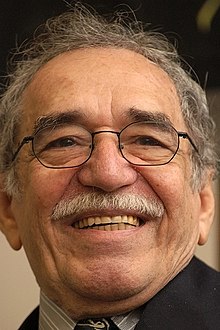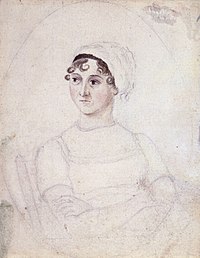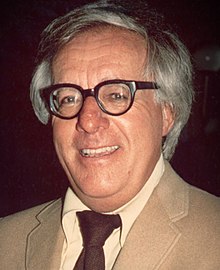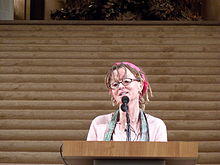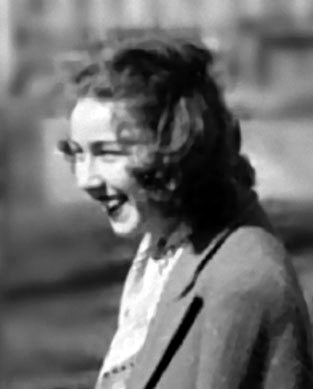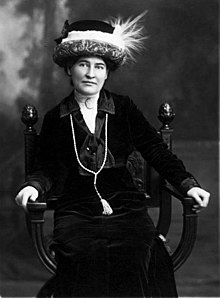Poetry writing is a wonderful adventure, allowing writers to indulge in wild loops of imagination and satisfy some of their deepest yearnings for pattern, mystery, and coherence in their lives.
But while poetry writing allows for great freedom, it also demands mastery of form and structure to succeed. An ability to manipulate form and structure allows a poet to create forms that entrance readers and bring them along for the ride. Have you tried other poetry writing workshops and found them deadly? Here at The Writers Workshop we want you to have an enjoyable experience while learning some of the basics of the craft.
Poetry, it has been said, is a telephone line to the unconscious. But while poetry writing allows for great freedom, it also demands mastery of form and structure to succeed. An ability to manipulate form and structure allows a poet to create forms that entrance readers and bring them along for the ride. Have you tried other poetry writing workshops and found them deadly? Here at The Writers Workshop we want you to have an enjoyable experience while learning some of the basics of the craft.
In poetry we learn to make wild unorthodox associations leading to the discovery of new connections. In James Wright’s poem “A Blessing,” for example, we read about the magic one might find in everyday experiences. This poem travels a long way—from petting horses in a field to a realization of the possibility of transformation. The poet writes in an uncomplicated syntax that sounds like a voice speaking naturally to us.l. Now note the dramatic line breaks at the end of the poem. The short line “Suddenly I realize/” prompts us to ask, realize what? We are suspended for a moment. The next line breaks on the very word “break,” another moment of suspension before the unexpected “into Blossom.”
This class will introduce you to the elements of quality poetry and will allow you to practice those elements by writing your own poems. You will learn how to recognize abstract and concrete imagery. You will be able to use simile, metaphor, symbol and personification in your work. You will learn what a dramatic monologue is and how to write one. You will learn how to show rather than tell in your writing. You will learn about line breaks, non traditional punctuation, and white space. You will also experiment with traditional forms and learn to recognize iambic pentameter. I look forward to working with you!
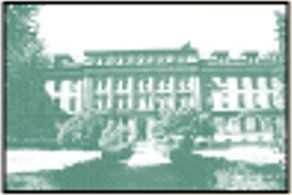 The Writer's Workshop
The Writer's Workshop 